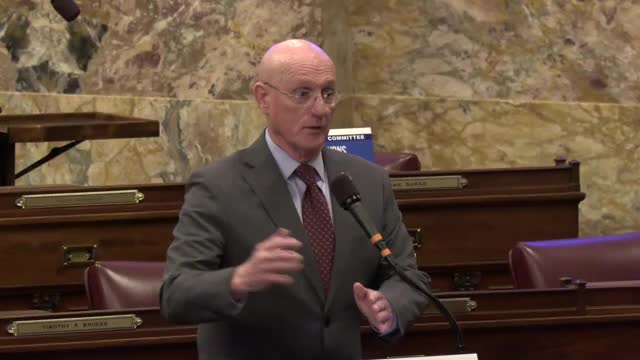Article not found
This article is no longer available. But don't worry—we've gathered other articles that discuss the same topic.
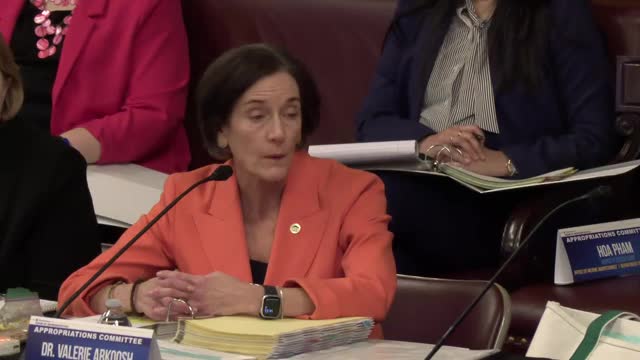
Medicaid covers doulas after SPA approval; DHS reports early enrollee numbers
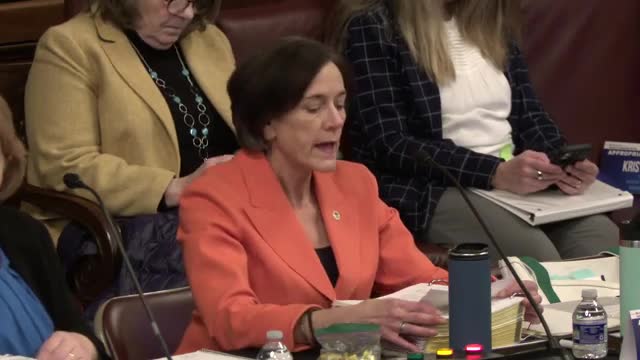
DHS highlights SNAP education spending, Sun Bucks summer benefits and plans for chip EBT cards
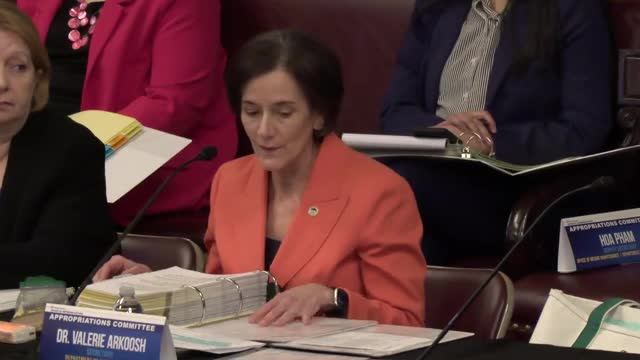
DHS outlines prerelease Medicaid coverage in 1115 waiver: 30 days of meds, one year of coverage for prioritized reentrants
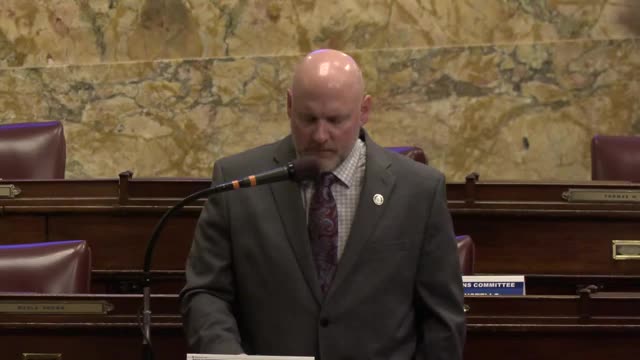
DHS says psychiatric residential treatment facility rules moving to final form; performance‑based contracting already altering provider tiers
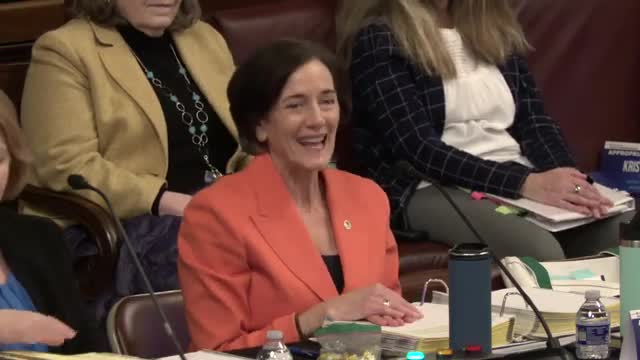
State seeks $10 million for 988 expansion, continues funding for crisis stabilization centers
